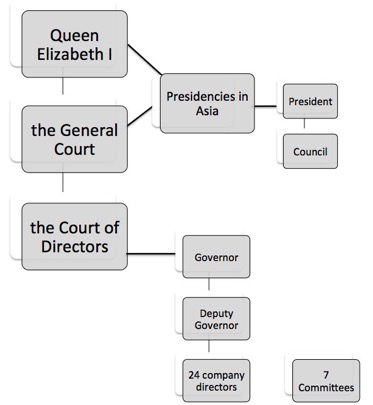The Role and Functions of Board of Directors
3 minute read | Dec 26, 2019
management, finance
Understanding the role of the Board of Directors and their interplay with Management can help you as an Executive make better strategic decisions.
- What is the role of the Board of Directors?
- What are the functions and responsibilities of the Board?
- What are the differences between Governance and Management?
1. What is the role of the Board of Directors?
To oversee and direct a company to deliver long term value for shareholders while meeting stakeholder expectations.
Companies basically consist of three parts:
- Shareholders who provide the money and own the company;
- Directors of a Board who act on behalf of shareholders to oversee and direct management; and
- Management who perform day-to-day work and execution
A Board works to achieve its stated objectives through what is known as corporate governance. Corporate governance involves a set of systems, frameworks, strategies and processes to direct and control a company to meet the reasonable expectations of stakeholders.
The first known example of a Board was the East India Company in the 1600s which began with 218 shareholders following Royal Charter from Queen Elizabeth I. Its corporate governance structure consisted of a General Court which had voting rights and a Court of Directors made responsible for the running of the company with policy decisions requiring ratification by the General Court (reference).
East India Company Organizational Structure 1600
 Source: shrimpamongwhales - organizational structure and army of the east india company
Source: shrimpamongwhales - organizational structure and army of the east india company
2. Functions and Responsibilities of the Board
The Board is responsible for overseeing 2 main functions:
- 💵Strategy and Performance; and
- 💣Compliance and Risk
3. Governance vs Management
The role of management is to run the company and that of the Board is to see that it is being run well and in the right direction. This line is often blurred.
Directors should act only as a group and make joint decisions which are communicated to management and stakeholders (as they are all individually and collectively liable).
| Area | Management | Board |
|---|---|---|
| Strategy | Develop and recommend strategies and initaitives supported by research | Work with and through CEO and management to develop high level strategy and goals |
| Performance | Execute, measure performance and deliver timely information to Board | Oversight of management and company performance vs expectations set for shareholders |
| Resources | Identify and request resourcing/ budget to achieve targets | Appoint,evaluate, guide and support CEO |
| Risk | Ensure risks are managed and reported | Set risk appetite, framework and enquire vs management |
| Accountability | Keep Board informed, present options and recommendations | Shareholder and stakeholder engagement. Act as external advocates e.g. fundraising and investor relations |
Want more tips?
Get future posts with actionable tips in under 5 minutes and a bonus cheat sheet on '10 Biases Everyone Should Know'.
Your email stays private. No ads ever. Unsubscribe anytime.